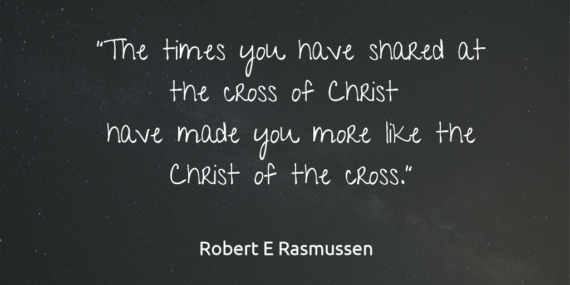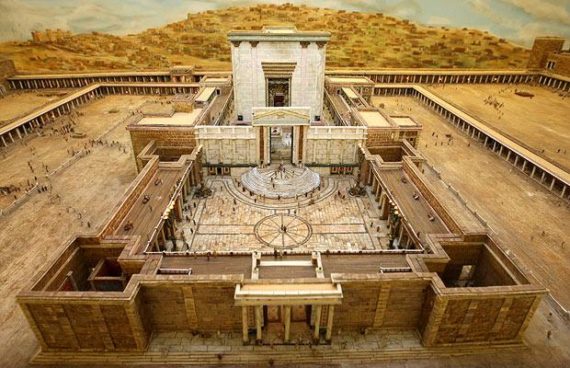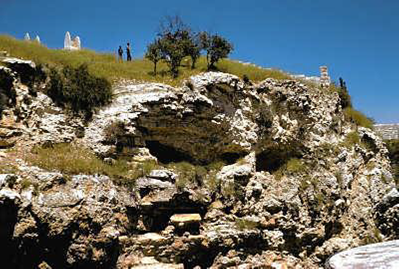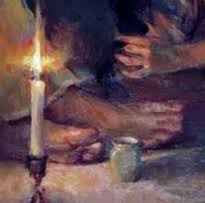A Christian community can admirably follow a course of prayerful decision-making only to abort God’s direction in a faithless choice in the final hour.
A latent agenda of a power faction, seeds of doubt, or the desire by a leader to control the outcome – these are among the ways a community can be deprived of God’s appointed leadership, even after prolonged, submissive prayer.
The first congregation resisted this temptation. Peter stood up among the 120, who had been committed to prayer, and said they needed to replace the vacancy created by the death of Judas (Acts 1:15-20). Their example shows us three imperatives in selecting godly leaders: Calling, Message, Unity.
- The CALLING to sacrifice must be clear.
Other than places where the church is persecuted, leadership has become a desirable occupation. You should see what some churches use to lure the talented one: the salary, the staff, vacation time, further studies, conferences, attendance numbers, housing package, retirement plan. And you should see the line-up to snag these lucrative positions! Oh, its big business.
Peter said to the congregation, as he looked over at the few men who had followed Jesus and said:
“one of these must become a witness (Greek, martur) with us of His resurrection†(Acts 1:22)
Do you want to handle your congregation the way God handled His first church plant? Make sure all your leaders know they are called to sacrificial witness.
- The MESSAGE of the gospel must be declared.
The resurrection of Christ was the hope and joy of this mid-sized congregation. But down the stairs from the upper room and into the raucous streets of Jerusalem, the resurrection was hogwash after a downpour.
We must not miss the fact that God’s leaders are called to deliver the very message that is foolishness to the world – the sacrificial death on the CROSS, the BURIAL of His corpse, and the bodily RESURRECTION of Christ to live forever and save the lost.
I grieve what I see and read today, where preachers and writers are reframing the foolish message into a more palatable blend. Yes, justice, compassion, formation, healing, are all aspects of the good news. They can also inoculate from having to give the tawdry facts of sin, judgment, forgiveness, and the cross.
Teachers, we are responsible for what we give. Let us not get creative with the message entrusted to us. Resist the drift! Faithfully tell the old, old story with the fervor of a pardoned criminal.
- The UNITY of the people must be guarded.
I recently heard of a church where the pastor of over 30 years has announced his retirement at some time in the near future (Alert: Fuzzy timeline). He says he is going to work with the elders to secure a good replacement (Alert: Controlling). And he does not want an interim pastor but instead wants to guide the new pastor for some time to ensure a minimal loss of attenders (Alert: Naïve).
Sir, I ask you. Whose church is it? Why can you not trust your congregation? And should they mess things up (which they well might) why can you not trust the Head of the church, working with the Holy Spirit, to pull them through stronger in faith?
I note that when the first church of Jerusalem pulled through their leader selection process, the day of Pentecost arrived and “they were all with one accord in one place†(Acts 2:1).
No selection of godly leaders should ever have an ungodly effect on the congregation. And no casting of lots should ever result in the casting of insults.
TO RECEIVE WEEKLY REFLECTIONS LIKE THIS ONE, please sign up for “Today with Jesus” here.








